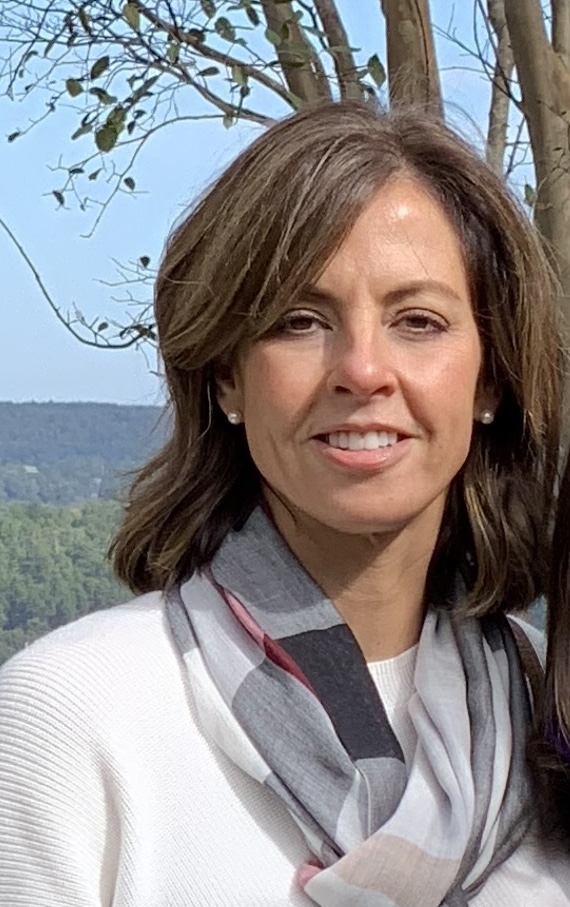Susan Adams has been a CASA since 2021, serving two cases and teenagers in that time. She is energetic, passionate, and ready to stand up for her CASA kids when they need a champion.
We recently had an opportunity to catch up with Susan and wanted to share some of her passion for advocacy with you.
Tell us a little bit about yourself and your family! I grew up in Pine Bluff, AR. My parents exemplified the importance of service. My mom was a teacher and a volunteer. My dad owned an insurance business and was always involved and interested in community improvement. I returned to Pine Bluff after college and taught kindergarten at the elementary school I attended as a child.
I married my high school sweetheart, and we raised our three children in Searcy, AR where I volunteered with various organizations serving children and youth.
How did you hear about CASA of NWA and why did you decide to become a volunteer? In 2019, we were lucky enough to have the opportunity to move to Fayetteville and it quickly became my favorite place in the world! My children were becoming young adults, and I was ready for a new kind of volunteer opportunity. Through my past work with children and youth, I knew about CASA, but never really understood its role in the child welfare system. I did some research and attended one of the CASA informational sessions, and decided it was something I needed to be a part of!
Can you share some about your experiences being a CASA? Why does it continue to be important to you? While teaching and volunteering, I encountered many kids and families who were receiving support or intervention from child welfare services. But until I started learning about CASA, I had no understanding of how complicated and lengthy these experiences can be. There are so many components when a foster care case begins: law enforcement, ad litem attorneys, court appearances, case workers. The process is overwhelming for an adult. But from the perspective of the innocent child, it can be confusing and terrifying.
As a CASA I am constantly motivated by the fact that I have one job: to advocate for that scared and confused kid. My goal is to be a constant in the equation with so many variables. I want the child to know that I am listening to their voice, even if no one else is. The most rewarding part of the process is the moment when that child realizes that I have no other motive or duty. My only job is to care about what is best for them.
How would you describe your relationship with your CASA Supervisor? I was also a little hesitant about becoming a CASA because I feared being unqualified. The training is extremely thorough, but I was still apprehensive about the “what ifs”. Thankfully, every CASA volunteer has a supervisor for the “what ifs”! My supervisor, Amanda (Wilkerson), is an endless source of information and support. When I feel totally stumped or frustrated, Amanda can point me in the right direction or renew my energy. I tell her almost every time I call her that I couldn’t be a CASA without her support!!
If you were talking with someone who is considering becoming a CASA themselves, what would you share with them about why they should do it? One of the misconceptions I had about being a CASA was that I would only be advocating for very young children. I was hesitant about being prepared for the emotional impact of that. But I quickly learned that CASA has a great need for advocates willing to serve older youth. Many teenagers in foster care have had a lifetime of instability. They are old enough to have some understanding of the process and desperately want to feel some sense of control. I have chosen to advocate for this age group because I want to empower these teens and young adults with a hope for the future.
Susan’s heart for the young people she has served, and her compassion and empathy for youth in foster care is an inspiration and reminder to us about why we continue to do this work: our job is to care about what is best for them.
If you’d like to learn more about becoming a volunteer with CASA of NWA, visit https://www.nwacasa.org/volunteer/requirements-training/
